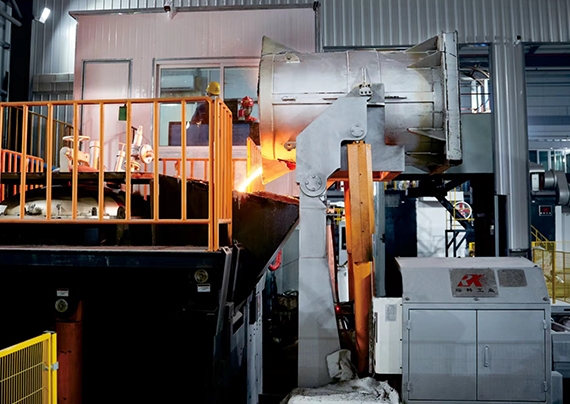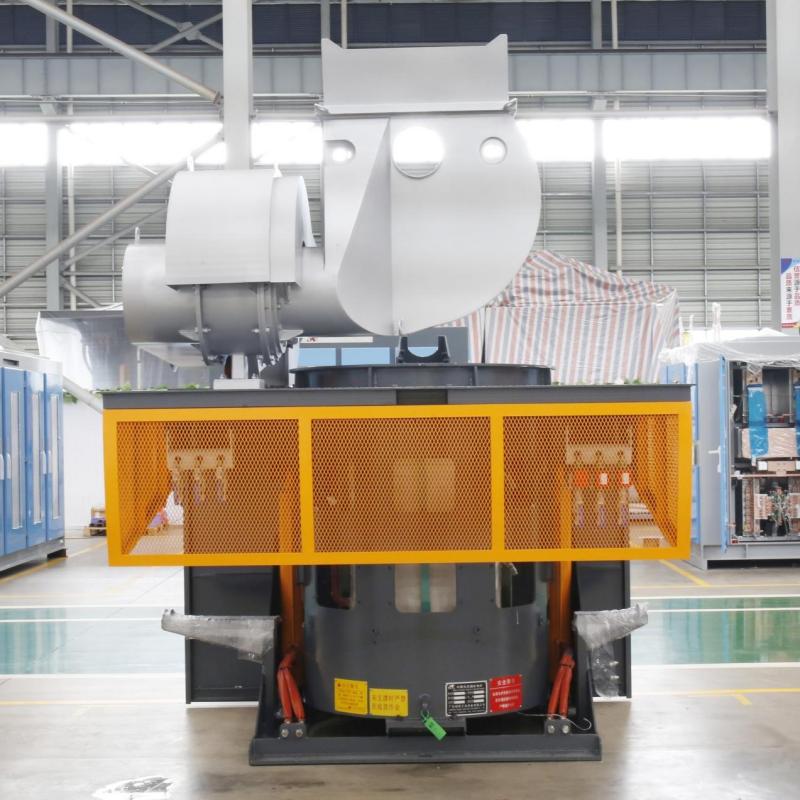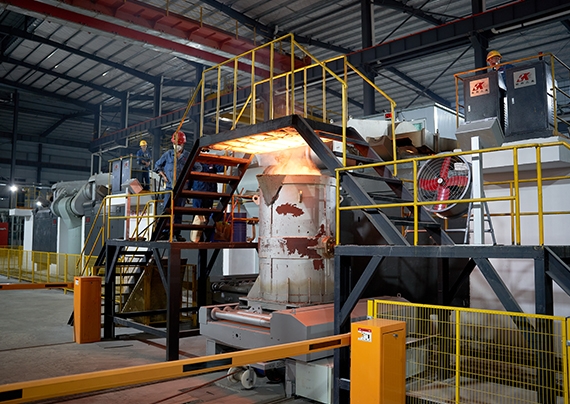
The Ultimate Guide to Induction Furnace Industrial: Efficient, Powerful, and Sustainable Solutions for Metal Melting
Introduction of induction furnace industrial
Turn to induction furnaces in industrial heating – an irreplaceable tool for accurate and effective solutions for Melt metals. These furnaces, applied in steel industries, foundries or metallurgic industries and others in the production process, are used to meet the needs for particular profile castings. In this guide, we will explain its working, various types of induction furnace industrial, and numerous benefits that the industries involved in metal working enjoy using this furnace.
What is an Induction Furnace?
An induction furnace is heating equipment that brings about the melting of metals, by electromagnetic induction. When an alternating magnetic field is obtained it creates electrical currents in the metal. These currents melt the material, provide a clean and efficient form of heating and have a controllable form of heating that makes it perfect for use in the industrial field. Induction furnaces are important in the automotive and aerospace industries, foundries and jewellery industries.
How Induction Furnaces Work: How Electromagnetic Waves Work In Heating
The essence of the induction furnace is in the method of electromagnetic induction. An induction coil is a coil which generates a magnetic field when a current of the alternating kind passes through it. When a metal is placed inside this magnetic field, it induces circulating electrical currents, known as eddy currents in the metal and heats it from within. This technique makes it possible to achieve even heat distribution with no need for heat inputs from outside.
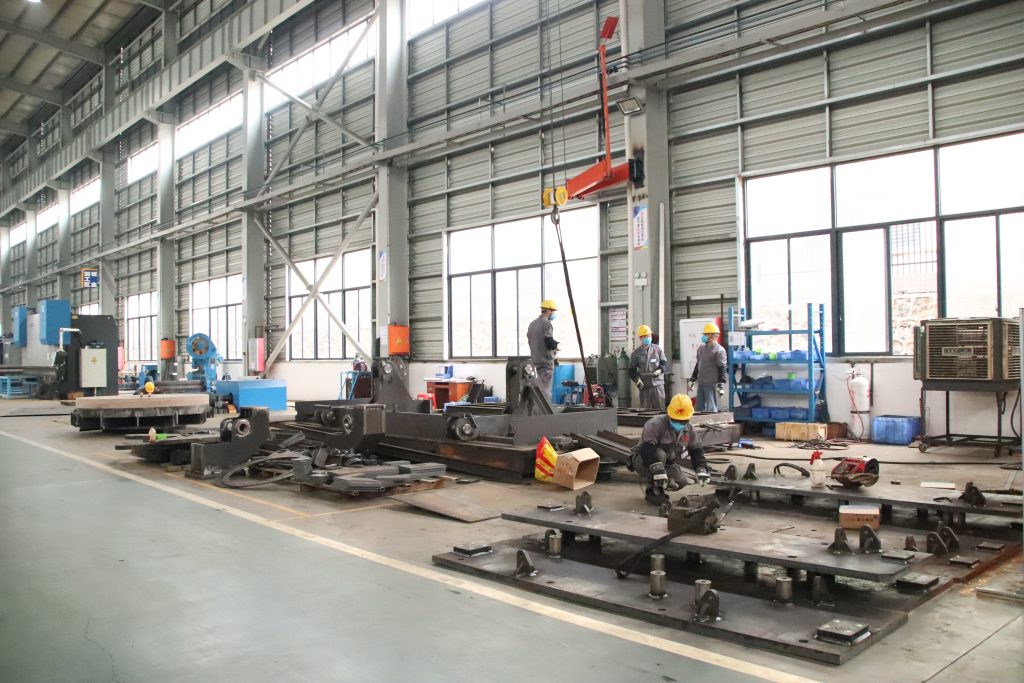
Most Common Uses of Industrial Induction Furnaces
Foundries and Metal Casting
Coreless induction furnaces are used in foundries for the melting of the different metals that are used in casting. Such furnaces are especially useful for applications in continuous casting because they are energy efficient, and provide medium and consistent temperatures.
Steel Manufacturing
Induction furnaces are essential in the steel-making mill, especially for the higher grades alloy steel grades. Sizing of steel in induction furnaces of medium and high frequency is preferred when the heater offers fast heating rates such as in induction furnaces.
Precious Metals Industry
Car bottom induction furnaces are also used in jewellery manufacturing as it is important to have control of the temperature. The furnaces for gold, silver, as well as other ores, offer quality melting services without causing a mix with the material in question.
Car and Airplane Parts
Induction heating is widely adopted in the forging and shaping of components by many automotive and aerospace industries. High-frequency furnaces are utilized in the manufacturing of metals, especially lightweight but strong metal components.
The Spirit: Safety, Quality, Integrity at Rongke in Induction Furnace Industrial Applications
At Rongke, we strive to ensure safety, quality and integrity. Shape our vision to become a first-class induction furnace industrial company. Our mission and vision are based on the core values of customer-centricity, quality orientation, responsibility and integrity. We are committed to promoting the development of the induction melting and heating industry by applying modern technology and reliable services in a sustainable way. Here, you will learn how Rongke follows every aspect and best practices. Demonstrating quality and innovation in industrial furnace and induction heating solutions.
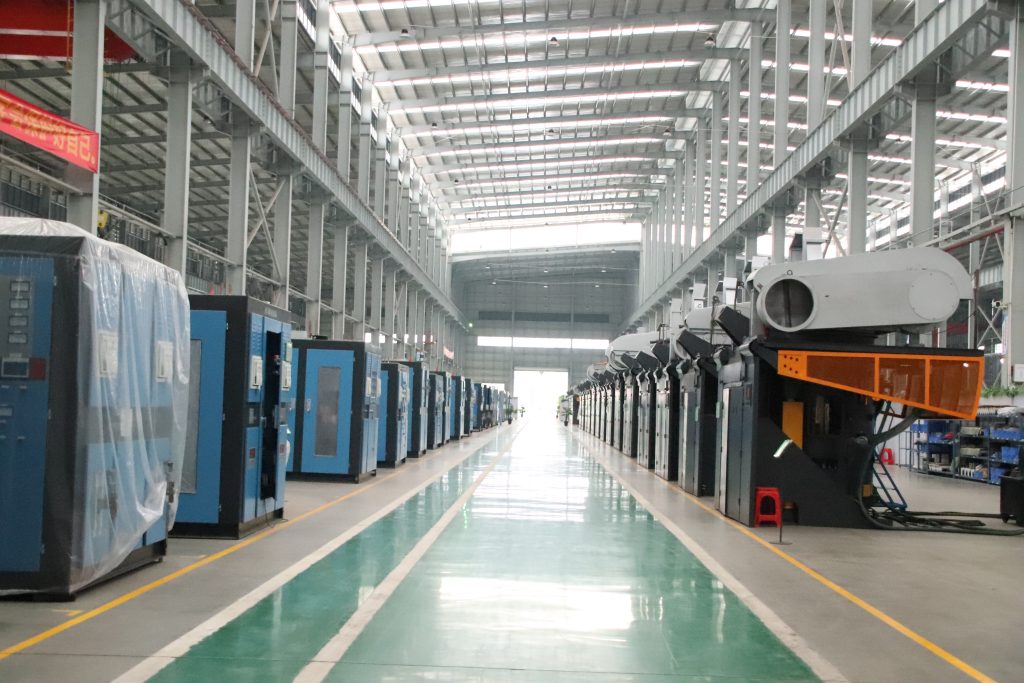
Customer-Centric Approach: Always Putting You First
In Rongke, we hold the view that customer requirements are important to be understood and met in any business organization. Starting with initial discussions with customers and extending to application after-sales support. We all work closely with the end user to ensure they are provided with the best solution for their induction heating needs.
• Tailored Solutions: Our induction furnace industrial is available in different specific design requirements for the application area such as casting, forging or heat treatment.
• Expert Installation and Training: Our engineers are well versed in installation and training processes. Allowing you to easily incorporate it into your work.
• Responsive After-Sales Service: Combined with a specialized support staff, we ensure that maintenance and repair work and/or replacement of parts takes place for seamless continuation of the company’s functioning.
Main Characteristics of Industrial Induction Furnaces
Frequency Range
Depths of heating penetration relate to the periodicity of the furnace frequency which can be low, medium or high. Compared to using low frequency to heat large metal blocks. Higher frequencies are applied when using small tools to heat small parts that require precision and use less energy.
Power Control
Some induction furnaces have power control options that make it possible to adjust the heating power in the furnace to meet a particular need.
Durable Construction
Industrial induction furnaces are constructed using sturdy materials to handle temperature as well as corrosive products that are part of an industrial ecosystem.
Future of Industrial Induction Furnaces: Automation and Sustainability
Induction furnace installation and maintenance introduce several challenges that an organization needs to meet. Professional installation is vital since it guarantees safe utilization and the furnace’s durability. It is also widely appreciated that general grooming cuts out downtime and repair bills as well.
Cooling System
Induction furnaces require effective cooling to avoid excessive temperatures to occur. From this we can see that in order to study the cooling system. Mechanical components should be inspected regularly to ensure they are functioning properly.
Refractory Lining
Because of erosion by molten metal, it has a short service life and needs to be checked constantly to ensure the functionality of the furnace and to avoid leakage.
Power Supply
It is also important to maintain the correct voltage within the furnace, as fluctuations will damage the furnace and impact the melting of the metal. In regard to installation or maintenance, it is better to seek professional advice regarding an induction furnace. If you want to know more about Rongke Group, please visit the services section.
How to Select the Right Induction Furnace for Your Industry?
Selecting the right induction furnace depends on several factors:
• Type of Metal
Some of the metals necessarily call for particular furnace kinds and base frequencies. Major types of furnaces, coreless furnaces are suitable for all sorts of metals and vacuum induction furnaces for metals of high purity.
• Production Volume
In high-usage processes, high-frequency furnaces are more efficient, whereas, for larger items, low-frequency equipment is more useful.
• Energy Efficiency
Choose models that use energy efficiently with your capacity for production. Induction furnaces cause less operational expense as they use minimum power to convert electricity into heat energy and also release fewer emissions.
Conclusion:
Induction furnaces are central to the modern metalworking industry. From automotive to aerospace, these furnaces offer the precision, speed, and sustainability needed in today’s industrial landscape. Whether you’re looking to melt steel, aluminum, or precious metals, induction furnaces provide a reliable, energy-efficient solution. For more insights into our induction furnaces, including our wide range of high-quality, customizable models, visit Rongke . Our team of experts is ready to assist with your furnace selection, installation, and maintenance needs.


